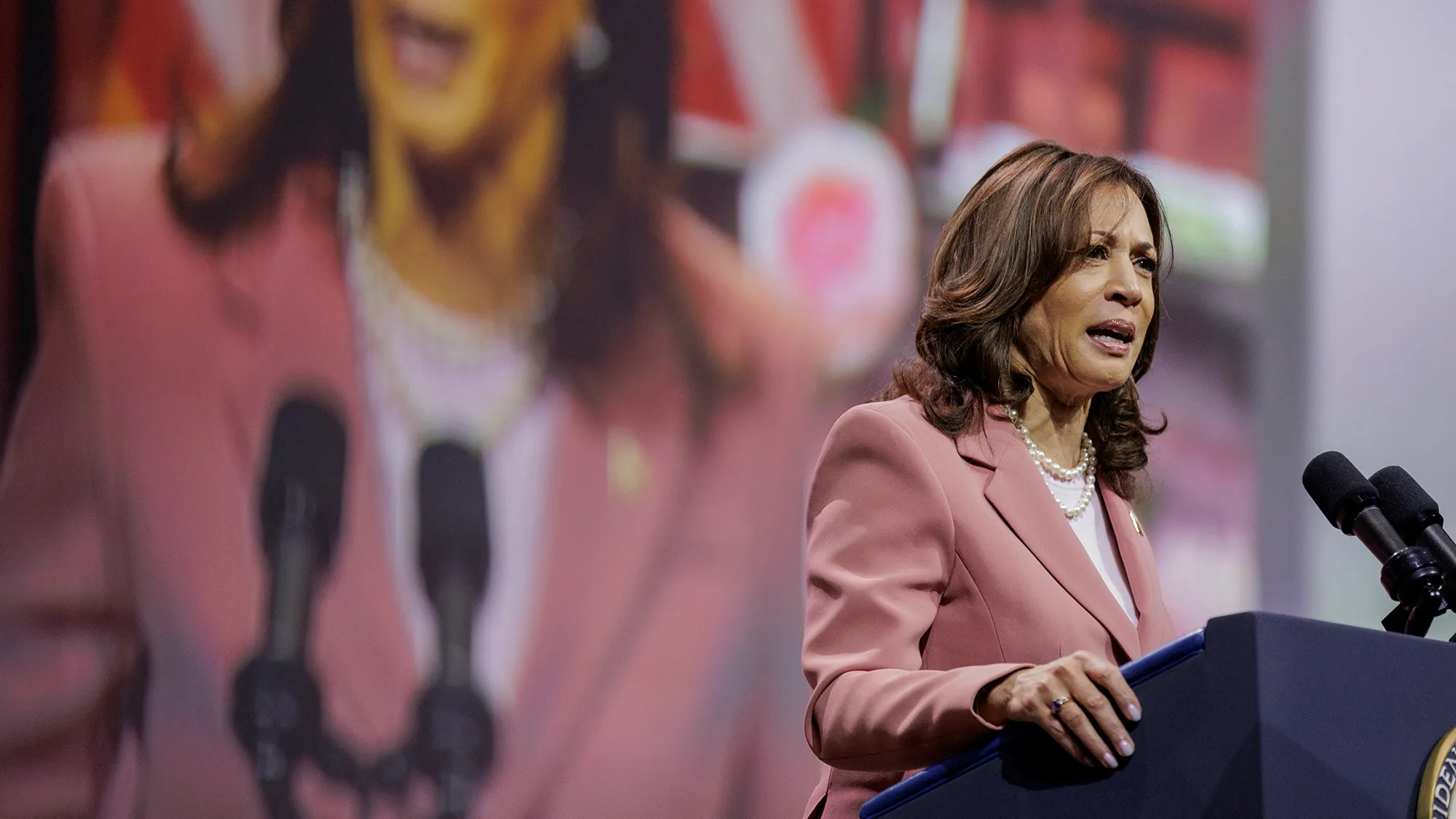Elon Musk recently shared a manipulated video of Kamala Harris on X, featuring a deepfake voiceover making controversial statements that Harris did not actually say. The altered video claims Harris described herself as the “ultimate diversity hire” and included other inflammatory remarks.
Despite the evident manipulation, the post did not include any warnings or disclaimers about the video’s authenticity, violating X’s policies against sharing misleading media.
The video, originally posted by another user, @MrReaganUSA, and labeled as a parody, quickly gained significant attention, amassing over 119 million views by early Sunday afternoon.
Musk’s post, which only contained the comment “This is amazing” and a laughing emoji, did not receive any misleading media labels or Community Notes, although some were suggested. This lack of moderation contrasts with X’s policy of tagging or labeling deceptive content.
X’s policies permit some manipulated media to remain online, especially if it is deemed to be satire or memes, provided it does not cause significant confusion about its authenticity.

The deepfake video in question might fall into a gray area where its satirical nature could excuse its continued presence on the platform. However, the concerns about such media’s potential impact on public perception and voter influence remain substantial.
There is increasing anxiety about the role of deepfakes and synthetic media in shaping political opinions, especially as the 2024 elections approach. Earlier this year, a group of 20 tech companies, including X, committed to combating the deceptive use of AI in elections, highlighting the growing awareness and efforts to address this issue.
The current situation exemplifies the challenges in enforcing policies designed to prevent misinformation while balancing freedom of expression.
The incident underscores the broader debate about how platforms should handle manipulated media and the responsibilities of influential figures in managing the content they share. As AI technology advances and its potential for misuse in political contexts becomes more apparent, addressing these challenges will be crucial to maintaining the integrity of information and public trust in digital platforms.


